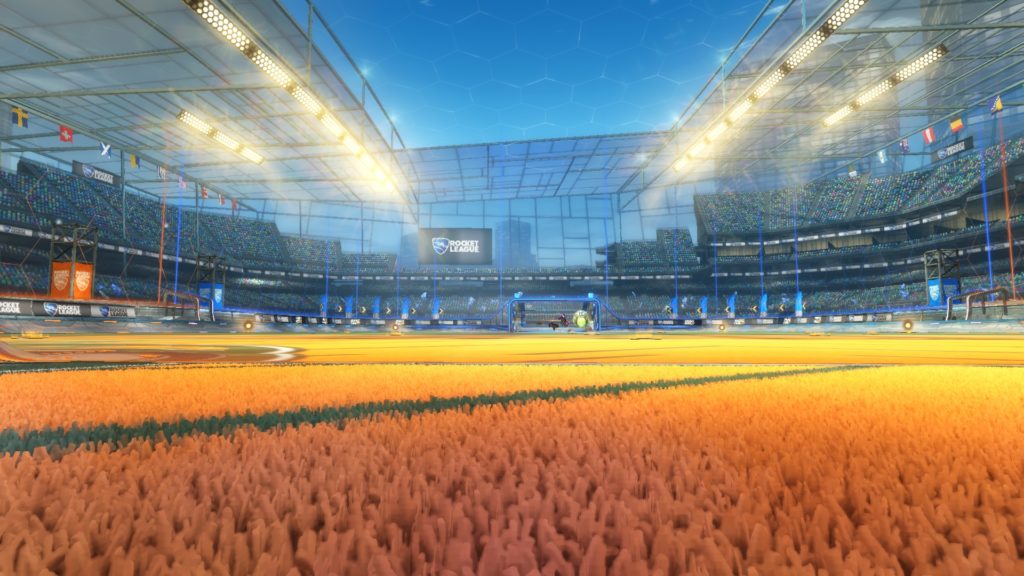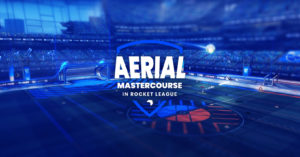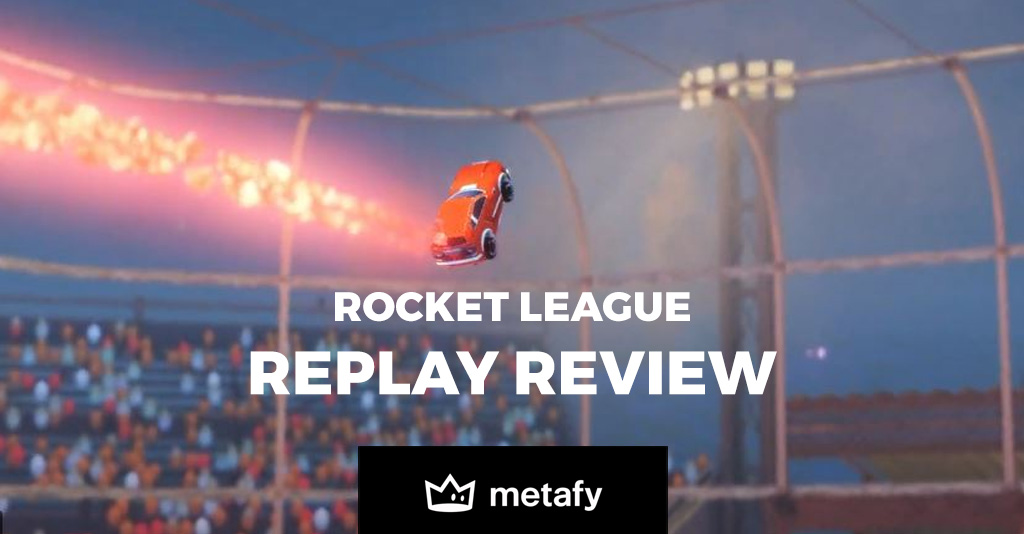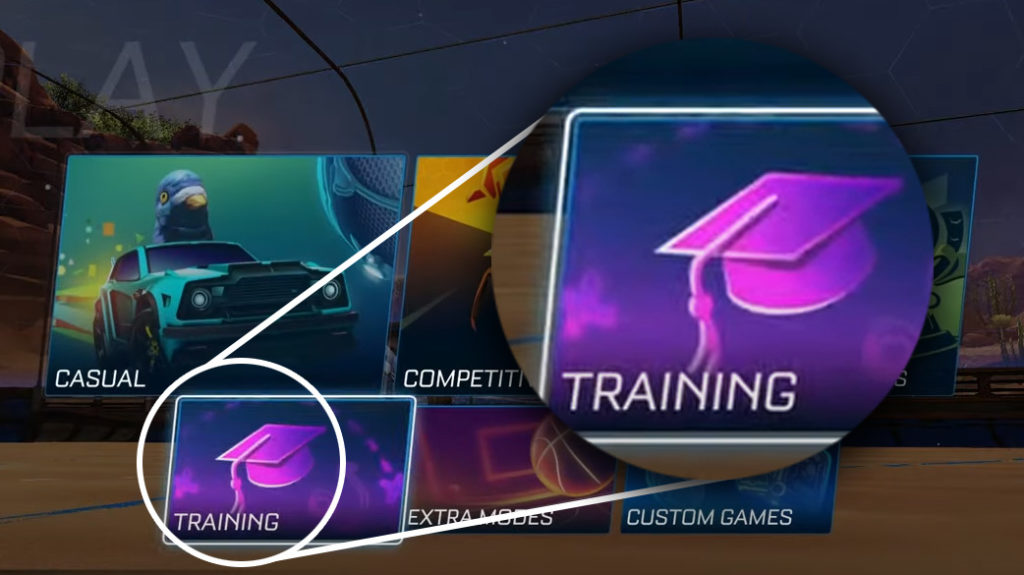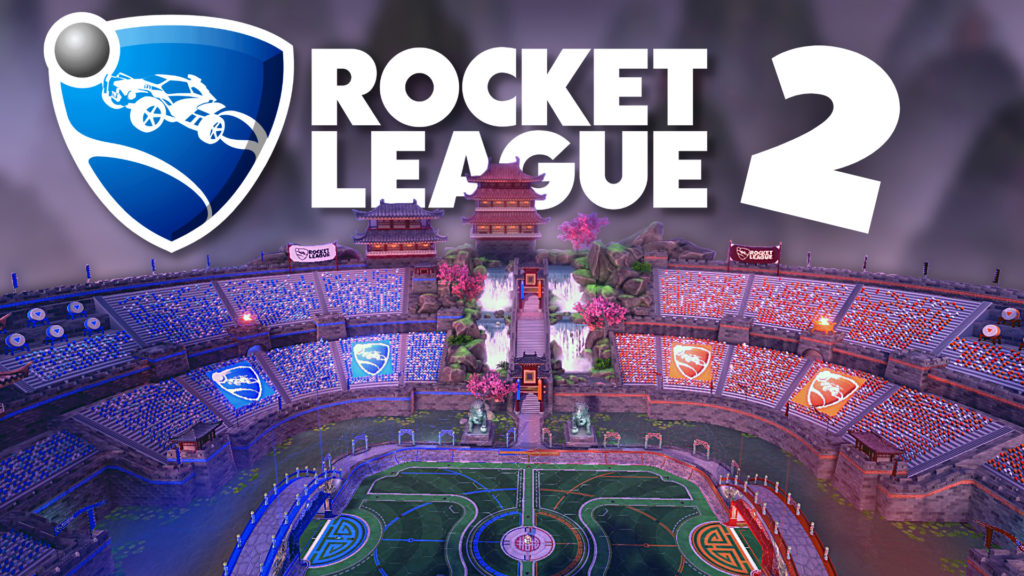In this article, Psycho looks at the best ways of dealing with Rocket League’s constantly-changing meta, helping you navigate your way through the always-shifting environment.
Rocket League, as an esport, has been growing continuously since the game was very first released.
Naturally, with every competitive scene, it too has an ever-changing skill ceiling with competition growing fiercer through time. At the moment we believe we’ve reached a stopping point, there’s a new milestone hit.
One of those – the flip reset: a mechanic we discovered years ago yet never believed could make it into competitive play – has done the impossible and made its way into the armoury of the professional players.
Now, with the gameplay changing all the time, we need to learn how to enhance our skills, learning precisely when to use them and work them into our muscle memory.
Here’s how you can improve your game as we enter into a new era of play.
1. Be creative
If you’re a high-level player, you’ll notice that it’s becoming increasingly difficult to create opportunities out of thin air. The speed at which players can transition from applying pressure to regaining defensive form makes it ever more challenging to find means of putting the ball in the net.
Some of the most dangerous opponents to face are those who are constantly looking to push the boundaries of solo play, using their mechanical knowledge to improvise in situations you wouldn’t think it to be possible.
If you can take an indirect route to achieve the same result with the same effectiveness as you would otherwise have, always side with creativity. It’s unpredictable. At the top level of play, practicality is becoming impractical.
Consider the air dribble. It’s one of the most controlled pieces of individual play you can use to score a goal but also one of the easiest to counter.
Add a few twists, rolls, flicks, resets, delays, or any means of forcing your opponents to alter their original thought process and you’re onto a winner.
Creativity is, and always will be, what defines the effectiveness of individual play.
2. Play to the situation
It should come as no surprise that, with the increasing speed of rotational methods, players are keen to optimise them further in order to be one step ahead of the opposition.
The age-old idea of needing to do full rotations to maintain defensive structure is becoming obsolete. It’s not surprising to see top-level teams drift away from using the standard cyclical structure. Instead, many players favour playing to situational advantage.
Priority shouldn’t be awarded based on a set of rules because rules can’t adapt to the situation… the way to optimise play further is to change them.
A common example would be a failed challenge from a defensive area as the first player in the rotation. One effective strategy is to go in for a challenge when you know you might not win the ball, in the knowledge that there’s a better-positioned player behind you to deliver a strike forward.
In this scenario, you have not “whiffed the ball” but instead delivered enough pressure to force opposition play and have pushed yourself into a downfield area where you can create offensive opportunity.
Naturally, advanced plays like this might seem doubtful. But with good coordination, the reward can always outweigh the risk.
3. Communicate effectively
Communication is what can make or break teams.
With the rise of a new rotational style of play, it’s getting more difficult to assume what your teammates are doing on the field. It’s important to make sure communication in a competitive environment is concise, effective and necessary.
Here are some essential callouts you should be taking to your play:
Boost callouts
- 0/Empty/No boost
- 100/Full boost
- Stealing (Breaking natural rotation by stealing the opponent’s back boost pads)
Positional callouts
- Back/Centre/Forward
- Back post/Front post
- Behind you/In front of you
- Backboard (Either end)
- Going back
General callouts
- I got it/You go
- Waiting/Pushing
- Passing/Shooting
- Rotating (Situational)
- Over (For when the ball goes over you)
- Bumping (For when you’re breaking rotation to try a demolition)
As important as it is to communicate on the field, it’s also equally important when training. Spending time together as a group watching over past performances is a great way to communicate ideas and make corrections going forward.
4. Apply pressure
Don’t hold back. Rocket League is a game which rewards speed, control and precision of play. Taking the time to hold back and think about a situation is time you’re losing going forward.
It’s important not to confuse speed of play with speed of action. Getting yourself into accessible positions and rotating around the field more quickly is what will ultimately increase the speed of your play, as opposed to individual movements.
Often to apply more pressure, players can habitually cut rotations and attack balls with less intent. Situationally, this might be acceptable, but forming a habit out of this can lead to ball chasing.
You’ve heard it everywhere, but what actually is ‘ball chasing’? Here’s my own definition:
“Moving unnecessarily aggressively towards the ball when your teammates potential opportunities are more favourable, i.e., cutting rotation in favour of self-prioritising”
Naturally, everyone will hold a different idea of what ‘chasing’ is, but don’t be afraid of applying pressure to avoid the stereotype. Play your game.
5. Branch out
‘Ranked’ is an excellent means of learning how to adapt to playstyles but it’s not an accurate representation of play in a competitive environment.
If you’re truly looking to excel and progress in this new era of play, you need experience.
There are fantastic resources made by us as players and fans which are sorely underused. Here, I’ll be listing a few of the opportunities out there to help improve your game:
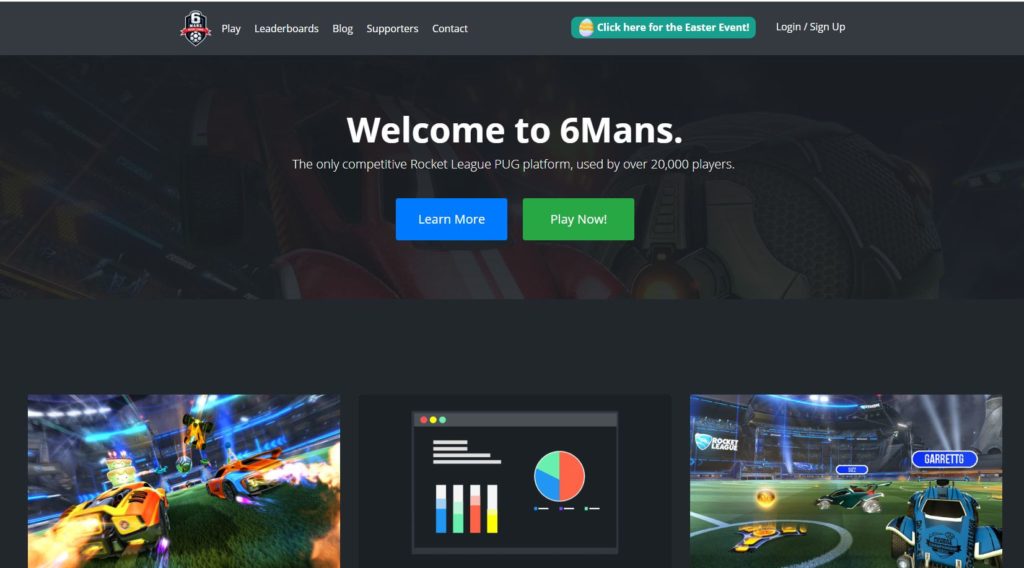
A brilliant community discord platform with its own MMR-based progression system.
Ranging from Diamond to Grand Champion ranks, 6Mans aims to pitch similarly ranked players together by randomly arranging queued players into teams, forcing the usage of coms.

European Community Championship Twitter
The “European Community Championship” is a fantastic means of entering the competitive scene as a lower ranked player.
Ranging from Platinum to GC ranks, teams of three are entered into different season-long divisions which aim to pitch similarly ranked squads against each other.
With an extremely flexible schedule, you get the ability to decide at what point in the week you play your matches, with all possible matches streamed live on their Twitch platform.
- Entering weekly tournaments

Playing weekly competitions is a great way to connect with other like minded players whilst getting a true flavour of competitive play.
Often offering impressive prize pools, independent organisations such as “Rewind Gaming”, “Rival Esports” and “ESL” are there to help you.
Stay ahead
Rocket League is one of the world’s most exciting esports.
If you truly wish to progress in its changing meta, you must act to be one step ahead of the game. Through being creative, playing to the situation, communicating effectively, applying pressure and branching out of your comfort zone, maybe one day you could be lifting the trophy.
If you’re looking for some help around applying some of these principles, you can book a coaching session with me over on my profile.

